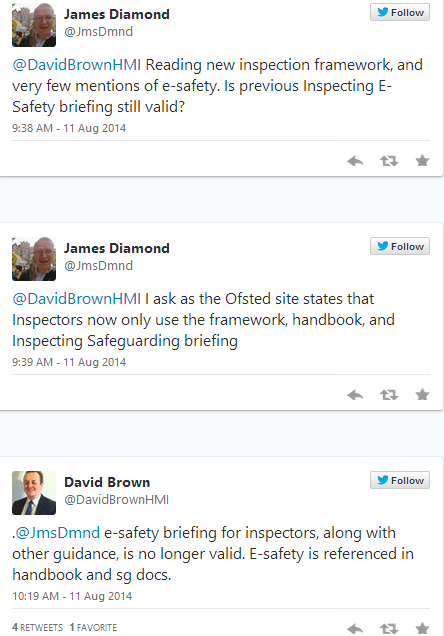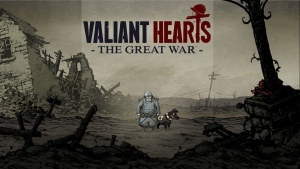Last week I made my way to Brussels by Eurostar (which is disappointingly like a normal train, except you spend your entire journey panicking about losing your passport) for my first visit to the Safer Internet Forum. As someone who works alongside schools, families, various charities and local government authorities, I was hoping to bring home a plethora of ideas and examples of great practice, but also lend some of my own experiences to the discussions taking place.
Over the coming months a whole host of material will emerge from the event, culminating in a full report which, if it’s anything like the 2012 edition, will be an exhaustive account of the many debates, recommendations, and votes to take place over the two days. I can’t hope to present a full and authoritative account of the forum, only to share my own personal highlights and ‘eureka!’ moments from a very interesting trip.
The opening morning session absolutely blew away my preconceptions of conferences of this type. Unlike some of my experiences in the UK, the room was full of professionals who already had a deep understanding of the online challenges facing us, and our children. But the ‘youth participation’ angle of the event was no mere fig leaf. What impressed me most about this legion of youth delegates was the complete fearlessness in giving some excellent and well-considered views to a room of 400 people, coupled with their complete lack of self-censorship.
The opening remarks from Richard Madelin (Director General, DG Connect, European Commission) gave us an insight into the political will to make the Internet safer, acknowledging that this complicated task requires input from a huge number of different interests and stakeholders. It was reassuring to hear European government figures such as Richard, and Sir Graham Watson (MEP, UK) admit that they don’t know everything about the digital future ahead of us (far from it), but that they are ready to listen to the right people. People like Grace Kelly, a young person from Ireland who made more than one telling contribution throughout the event, and will surely be addressing more audiences like this over the next few years.
A glimpse of what the future holds was then chaired by the award-winning teacher and technology expert Ollie Bray, as three young European entrepreneurs discussed the challenges that stood in the way of them achieving and developing their own business ideas. Nina Devani and Albert Fox-Geisler were both frustrated with the legal blocks to starting their own businesses at a young age, and there was a clear sense that the support they received from their families and schools isn’t echoed uniformly across Europe.
The mood in the room soured during the keynote delivered by Andrew Keen: Internet entrepreneur, author, and self-proclaimed elitist. Unlike some delegates I spoke to, I actually found Keen’s speech relatively thought-provoking in its arguments and combative delivery. While I do not share a lot of his views on how the Internet is killing our culture (a point he addresses in his book Cult of the Amateur, which he insists has aged remarkably well), disagreeing with what he had to say did help me to clarify my own views on certain points. My main issue with the speech was that it felt like something he’d delivered on countless book tours, and that he just didn’t understand the young audience he was there to address.
The most interesting dilemma to come out of the various delegate discussion sessions was that a great number of people feel the ‘industry’ has a responsibility for creating a safer Internet, but that access to content and networks online shouldn’t be funded by the users or through advertising. This battle between the idealism of the youth delegates and the cynicism of the industry and government representatives will be at the crux of everything we do over the next few years in this area.
Other highlights included looking at some examples of genuine reports to online safety helplines, and discussing how we would have dealt with them. In this fascinating exercise I looked in particular at a case of ‘fraping’ becoming normalised in a Danish school, and reports of a Facebook ‘Spotted’ page causing grief and emotional harm in a British school.
Following on from this, we discussed hotlines, specifically those designed to encourage reports of illegal content online. The most hotly debated issue of which was when children should learn about the such hotlines. My colleagues in Latvia never ‘advertise’ their hotline to under-18s, believing that flagging up the existence of illegal content will encourage children to go and look for it. I (and a number of other delegates) took a different viewpoint, arguing that as children are now creating a lot of this illegal content through sexting, they need to know how to report it without necessarily having to ask an adult.
At the evening drinks reception the discussions became even more animated and, in some instances, controversial. I’ll say no more, except to admit that I’ve some scribbled notes I made when arriving back to my hotel (the rather cheap and very well-present Hotel Barry, tell your friends!) at 1am that will hopefully change the world. Once I can work out exactly what they say.
The next morning saw the Wi-Fi functioning reasonably well, and I even found a plug socket! As such myself and a number of other attendees were tweeting the best of the speakers that day, including some fascinating contributions from Linda Liukas, Arturs Mednis, and Jacek Pyzalski. Check out #SIF2013 on Twitter for some real insights, and the eventual forum report.
With that I said goodbye to new friends, hello to handful of new Twitter followers, and headed off to the wonderful people at the Cantillon Brewery to continue my education, this time in the traditional art of brewing.
I’m already looking forward to next year’s event.


